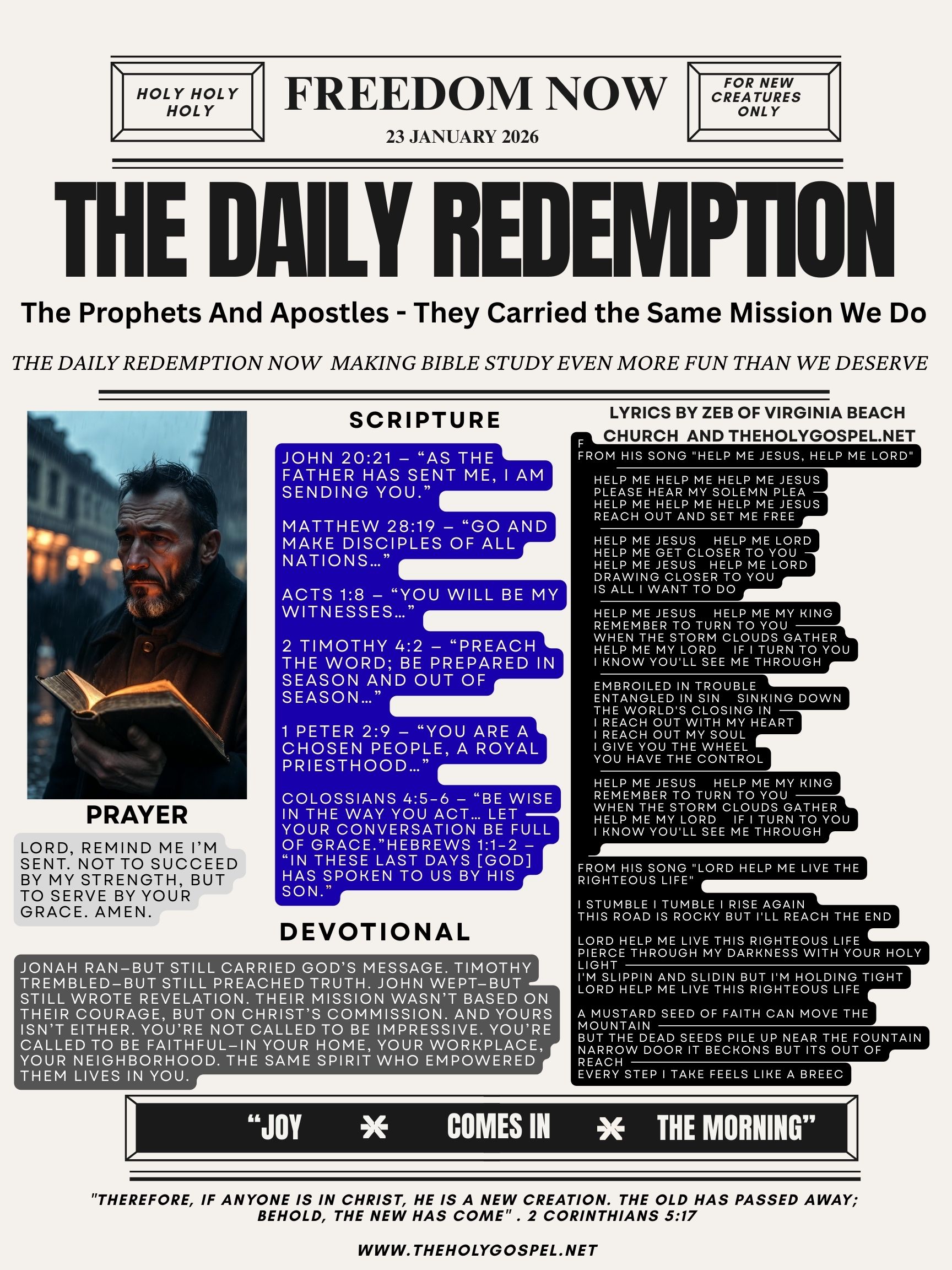Questionable Theology in Contemporary Megachurch Worship Songs
Introduction: Contemporary megachurches have gained significant popularity in recent years, attracting large congregations through their vibrant music and engaging worship experiences. Two prominent examples are Hillsong and Bethel, both known for their influential worship teams and vast catalog of songs. While these churches have made a positive impact on countless individuals, it is important to critically examine the theological content present in some of their songs. This article aims to explore specific examples where the theology of certain Hillsong, Bethel, and other megachurch worship team songs may be considered questionable.
- “Oceans (Where Feet May Fail)” – Hillsong United: One of Hillsong United’s most popular songs, “Oceans,” has been both praised for its emotional depth and criticized for its theological implications. The lyrics speak of stepping out in faith onto the waves, trusting in God’s guidance. However, some argue that the song’s emphasis on personal experience and emotions may overshadow the biblical narrative of Peter walking on water and instead promote a self-focused faith.
- “Reckless Love” – Cory Asbury (Bethel Music): Cory Asbury’s “Reckless Love” gained significant attention for its emotive portrayal of God’s love. The song describes God’s love as “reckless” and “overwhelming,” which can be interpreted as a misrepresentation of God’s character. While the intention may be to emphasize God’s extravagant love, some theologians argue that the term “reckless” implies carelessness, whereas God’s love is purposeful and intentional.
- “You Make Me Brave” – Amanda Cook (Bethel Music): Amanda Cook’s “You Make Me Brave” conveys a message of finding courage and strength in God. However, critics have raised concerns over the emphasis on personal empowerment and self-reliance, which may overshadow the biblical concept of finding true courage through reliance on God’s grace and strength rather than our own abilities.
- “Touch the Sky” – Hillsong United: Hillsong United’s “Touch the Sky” encourages believers to reach for new heights in their faith, aspiring to greater experiences and encounters with God. While the song’s message of seeking a deeper relationship with God is commendable, some argue that it places too much emphasis on personal ambition and experiences rather than focusing on surrender and humility before God.
- “No Longer Slaves” – Jonathan David & Melissa Helser (Bethel Music): “No Longer Slaves” by Jonathan David and Melissa Helser has resonated with many, expressing the freedom found in Christ. However, critics have pointed out that the repeated phrase, “I’m no longer a slave to fear; I am a child of God,” may promote a shallow understanding of salvation. While fear can be addressed through faith in God, the song’s lyrics may oversimplify the complexities of fear and the multifaceted nature of our identity in Christ.
- “God Is Able” – Hillsong Worship: Hillsong Worship’s “God Is Able” affirms God’s power and sovereignty in our lives. However, some theologians argue that the song’s focus on God’s ability to fulfill our desires and make things happen as we wish may promote a prosperity gospel mindset. It is crucial to maintain a balanced perspective that acknowledges both God’s ability and our need to trust in His plans, even when they don’t align with our own.
Conclusion: While the worship songs produced by Hillsong, Bethel, and other megachurch worship teams have undeniably impacted countless individuals and fostered meaningful worship experiences, it is important to exercise discernment when engaging with their theological content. The examples provided here are not meant to condemn these churches or their music entirely, but rather to encourage believers to critically evaluate the theological implications of the songs they sing. By maintaining a biblical foundation and discerning spirit, individuals can actively engage in worship while nurturing a robust and accurate understanding of God’s character and truth.


